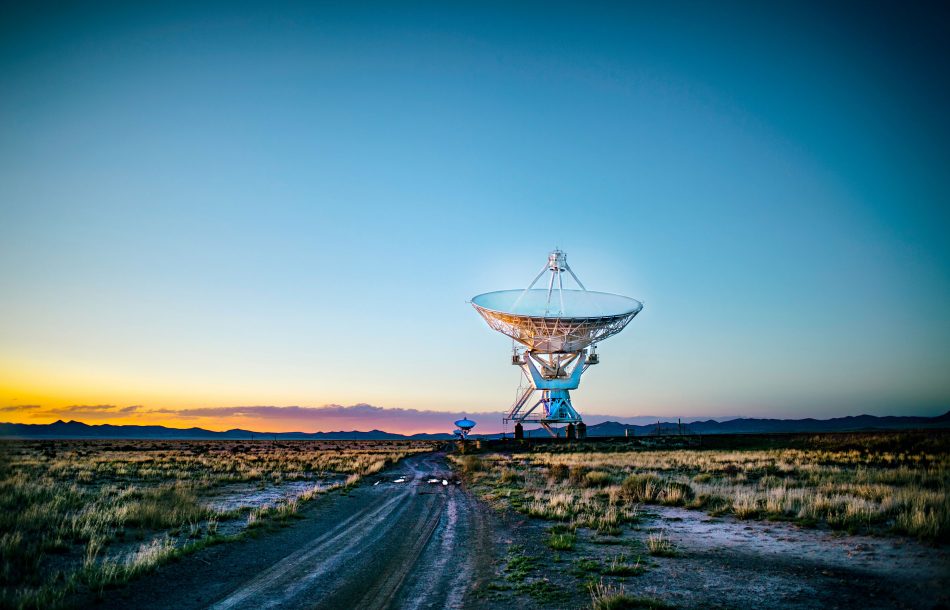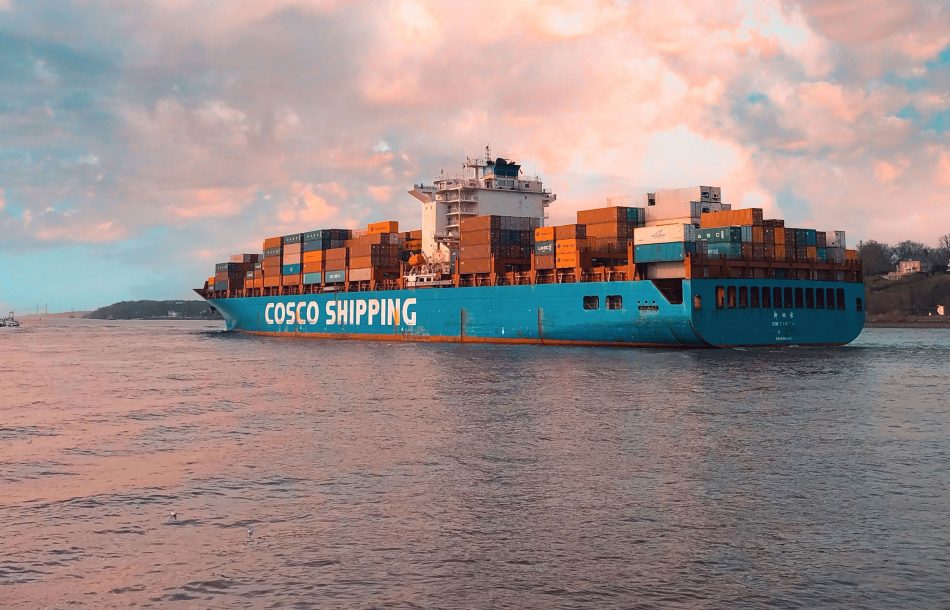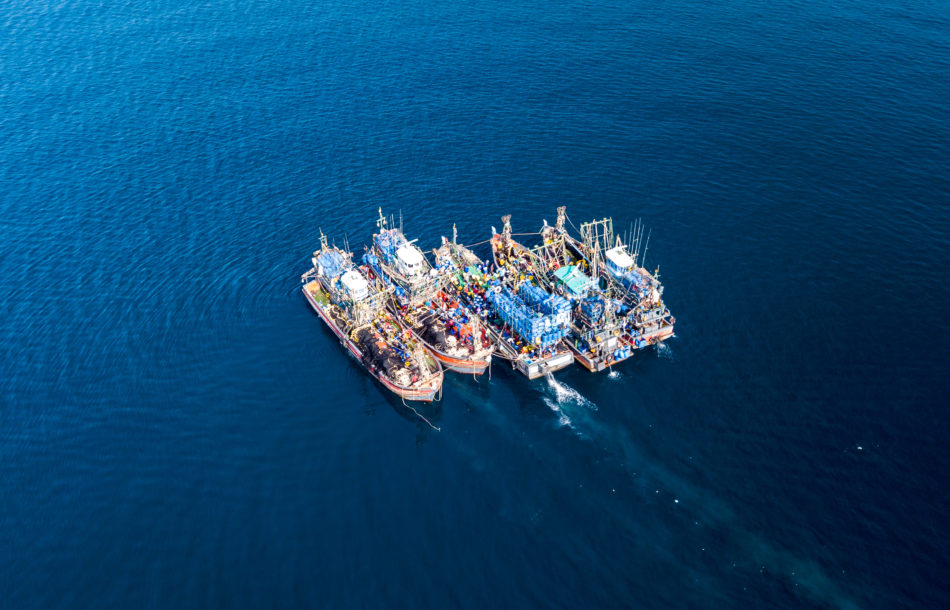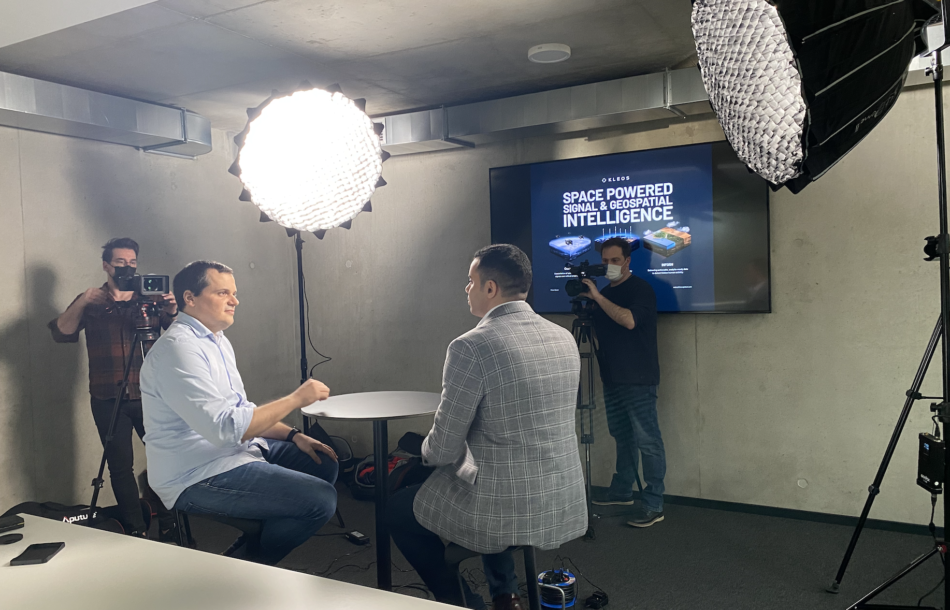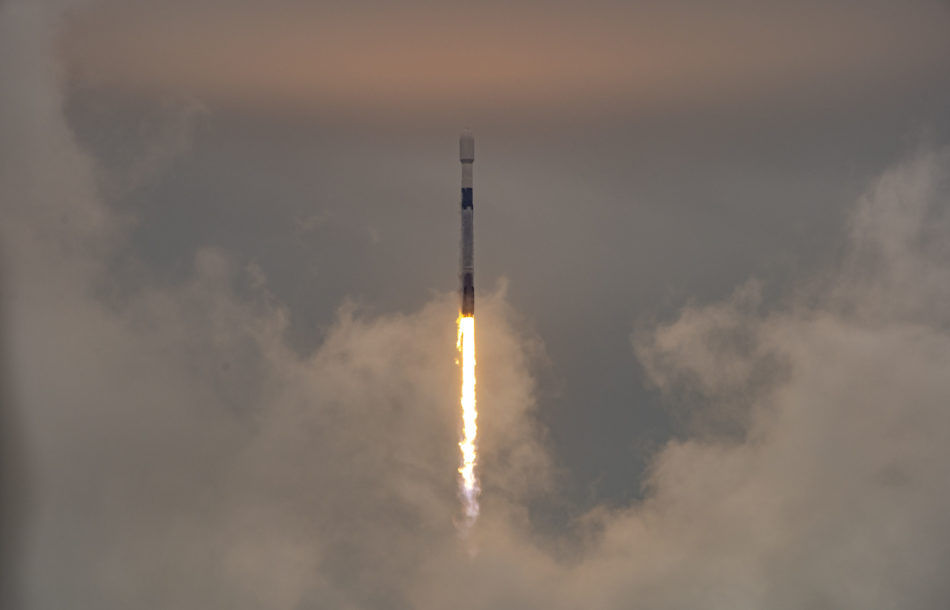Alex — Welcome everyone thanks for joining us today. My name is Alex Johnson, I’m a Sales Executive here at Kleos Space, and I have the pleasure of being live and in person with my colleague, Vinny Furia, who is our Chief Technology Officer. We’re really excited to talk to you a bit more about some of our offerings.
Kleos detects, geolocates, radio frequency transmissions to improve the identification of hidden and illicit activity. Through those radio frequency signals, we are delivering aid data service and what I think we’re really excited about is it’s going to be very accessible for our smallest of commercial customers, all the way up to our large government customers really making it a simple to use, easy to deliver, subscription model, where it is cost effective and works really well in fusion with other data sources. Vinny, when we talk about radio frequency collection, this is a bit different than some of the land based or terrestrial methods which exist. Why space and why Low Earth Orbit?
Vinny — That’s a great question Alex. Space has a lot of advantages for us, the biggest one being we get global coverage. Terrestrial solutions to geolocating these signals are very expensive, it’s hard to deploy and there’s a lot of places on the Earth that are just impossible to cover in any sort of cost effective means so by operating in Low Earth Orbit, we had a lot of advantages, we’re able to transit the entire planet and cover areas that would otherwise be impossible to get this intelligence from.
Think of open ocean or over deserts are in the middle of nowhere really, so, by using these satellites ini low Earth Orbit, we’re able to get that global coverage and also frequently revise every area of the world.
Alex — Definitely and you’re talking about using clusters of satellites. We have those clusters in four satellites. Can you talk to me a bit more about why we’re using that? What are the benefits on some of the decisions behind that?
Vinny — Having four satellites in each cluster gives us the ability to geolocate these signals with more accuracy than would otherwise be possible. We fly these clusters in a rectangular formation which provides the ability to detect signals at slightly different timings, which allows us to very precisely locate where these sources are on the Earth.
Alex — And I know in speaking with our customers, we’re really excited to be as responsive and agile as possible to respond to those market demands. To be able to iterate again and really meet those opposed to before, where it used to be quite burdensome and a bit more expensive.
Vinny — The drop in cost of access to space, combined with the miniaturisation of technology has given us the ability to create and build fairly small satellites, and these small satellites are quick to build and quick to deploy meaning that we can change missions very quickly. We can iterate on very simple deployment. So six months from now, the satellites we launch are going to be twice as capable as ones we’ve launched today.
Alex — And when you talk about that, I mean it sounds like it’s incredibly complex, but really we’re talking about data as a service, we want to make it as accessible and cost effective for our customers and really improve on their current geo-wick capabilities. You know we start talking about some of these use cases, whether it be illegal fishing, border security, or any kinds of maritime or land-based illicit hidden activity. You know, can we talk about a bit more, how we’re getting that data to our customers?
Vinny — Definitely, we’re leveraging commercial technology to do this. Using it is as simple as needing internet access in order to get all the data down, that your analysts could use to process the data and make good use of it. And, oh one last thing we’re very excited about our polar vigilance mission that just launched. This mission gets us another cluster of satellites in space, newer and better technology, and we’re really excited to see how these perform coming out of our check-out commission phase.
Alex, I think we’re just about out of time. So, thank you so much for joining us for this short talk and is you would like to see more information, please check us out on the website kleos.space.

